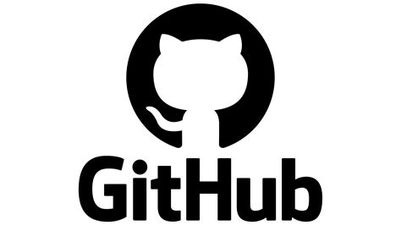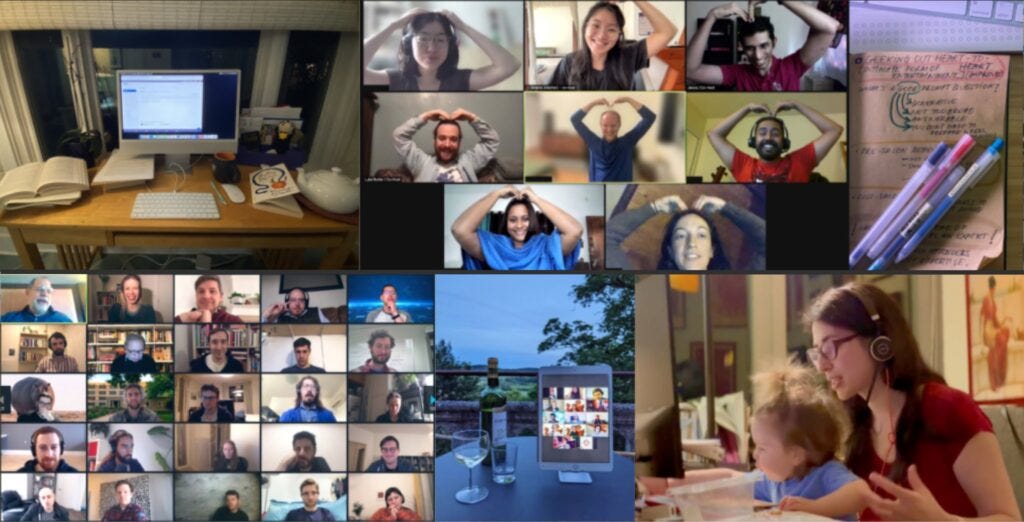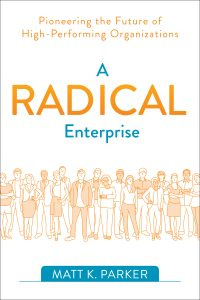Bridging the Gap between Earning and Learning Communities
#WF36 – Discover new nodes for your knowledge network
Today’s Workforce Futurist is brought to you by…ServiceNow
Workforce Futurist is all about making work better, a passion shared with ServiceNow who sponsor this week’s article. Behind every great employee experience is a great workflow. ServiceNow delivers digital workflows that create great experiences and unlock productivity.
I’ve had a walk around our global digital neighbourhood and found some interesting places.
From coding communities to Web3 referrals, curious curator communities, hiring your own brains trust, neglected talent pools, apprenticeships, job-sharing platforms, internal mobility platforms, and micro-enterprises.
Hopefully some new nodes for your knowledge network, earning and learning opportunities, and future community connections to make.
Coding Communities
The techies often find smart new ways of working.
First, we laugh and then we all follow.
GitHub was set up in 2008 and is a community with 83 million developers, and the largest source code host.
According to Andy Young who has been helping teams build better software for over 30 years.
“GitHub means development teams learn from the community as they go, often finding more opportunities for reuse of code and less reinvention of the wheel…”
Other thriving tech communities include :
Stack Overflow, Nomad PHP, freeCodeCamp, (learn to code - for free), ServiceNow Community with 447,236 members, and IT Revolution.
Other notable non-tech sharing communities include :
People Geeks – for all things People Analytics, and,
Indie Hackers – for building online businesses.
Learn While You Earn
“From Barista to Business Analyst” Climb Hire trains diverse and determined people to break into new careers in technology. It has alumni programmes and earn-while-you-learn schemes.
Invisible College is a Web3 education community that offers weekly learning events. It’s developing a DAO so members of the community can vote on new projects, initiatives and ideas.
Multiverse has developed 5,000 professional apprenticeships with 300 employers. It develops professional apprenticeships over 18-months, with coaching and community events.
Curious Creator Communities
Anne-Laure Le Cunff has developed her newsletter Maker Mind into a community and academy for those interested in neuroscience-based strategies, from better thinking to meaningful living.
Interintellect has been established by Anna Gát and hosts virtual salon-style conversations. Recent topics for the curious have included ‘dismantling homeschooling’, ‘coding as magic’, and ‘in praise of coffee☕’.
Career Contessa has been a trusted career resource since 2013, and helps working women become more fulfilled, healthy, and successful at work. “without confusing jargon, false promises, fluff, or guilt trips.”
Your Brains Trust
Where do organisations source their best ideas?
From the ‘VP of Strategy’ – cost of employment circa $300k, to,
‘browsing the web’ – cost mostly FREE.
Another source is pulling together a diverse ‘brains trust’ from outside the organisation. The cost is somewhere between the VP of Strategy and zilch, but with a decent ROI - Return On Ideas.
Examples I have been involved in recently include :
Wikistrat – an interactive simulation commissioned by Accenture, with 41 global experts we came up with 38 policy recommendations.
As a Senior Industry Fellow for Royal Melbourne Institute of Technology (RMIT) Centre for Future Skills and Workforce Transformation. Peter Thomas, the director of the programme, describes it as “building an intentional knowledge workforce ecosystem”
Braintrust – is not quite the user-owned work-matching platform I outlined in 2018, but a step in the right direction. With its own token, it has completed $100m in talent earnings for Fortune 1000 Web3 projects. We’ll see industry vertical versions disrupting sourcing in the next few years.
Referrals can be a great source of new hires. HireVibes incentivises web3 types who only get out of bed in the morning for some crunchy nut tokens 🥣. In this model, the referrer gets tokens, and some are donated to charity. It also reduces the cost-to-hire.
The line between customer, worker, and owner is blurring. On-deck matches investors from pre-idea to fundraise. It has helped 2,500 founders in 2 years.
Polywork is a place to discover opportunities to collaborate with other professionals on side projects, speak on podcasts test new apps etc.
Supporting Career Transitions
Workers of all ages want more equity, autonomy and flexibility.
Roleshare provides a platform to increase the adoption of job-sharing. It connects you with other professionals who want to job share. There are 15,000 job-share matches out there folks.
Employment is a key to reducing recidivism, but people with convictions face barriers from certain jobs. Over 600,000 people transition out of US prisons each year—and more than half can’t find work within a year of reentering the community. JFF and partners are leading a campaign, Reentry to Careers, to encourage employers to give people with criminal records a fair chance in hiring.
Know Your Own Workforce
Our workforce-related data is in the dark ages.
We know very little about our own workforces.
“our systems maps look like a bowl of noodles”
Outside organisations – we have inefficient work-matching systems because our career data has not yet been organised.
Inside organisations - we do not collect the right data in the right way.
So until the new infrastructure of work is built, we do have some stop-gap tactics.
Fuel50 helps companies build internal talent mobility with skills-based AI talent marketplaces. Which makes it easier for match employees to internal career opportunities.
Simply helps larger organisations better understand the skills that they already have. These data insights prevent unnecessary external hires and expensive internal training programmes.
See also how employers manage teams of contractors and freelancers.
Unleash The Micro-Enterprises
In Matt K Parker’s book, A Radical Enterprise: Pioneering the Future of High-Performing Organizations – he outlines imperatives for radical collaboration.
Matt cites, Haier, a much-studied but less-replicated corporate golden child. An impressive Chinese based multi-national company that produce home appliances and consumer electronics.
Matt describes how the self-organising company is composed of thousands of tiny micro-enterprises. These are autonomous mini-companies with 10 to 15 people. There are no middle managers, and ‘soul-crushing red tape’.
There is a diverse array of earning, learning, matching and collaboration communities in our work ecosystem.
Tell me about your favourite work-related communities.









